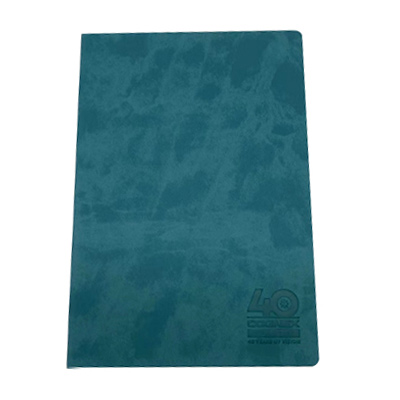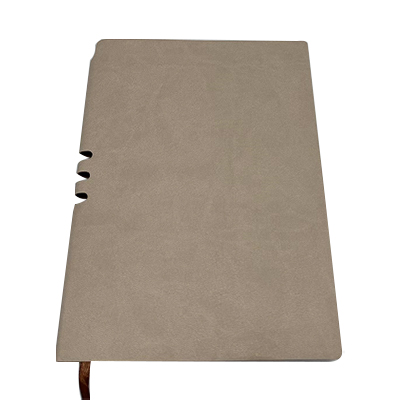DIY Puzzle and Gift Toys play a significant role in improving children's hands-on ability. Jigsaw puzzles can help children develop fine motor skills. In the process of jigsaw puzzles, children need to pinch the puzzle pieces with their fingers and carefully put them into the right place accurately. This process not only requires children to coordinate the movements of their fingers and palms, but also enhances their hand-eye coordination. For example, the shapes and sizes of jigsaw puzzles vary, and children must use touch and vision to ensure that each piece is placed just right. This delicate operation helps children improve their fine motor skills, thereby promoting the coordination of the brain and body.
DIY jigsaw puzzles can also effectively cultivate children's spatial perception. In the process of jigsaw puzzles, children need to judge how puzzle pieces of different shapes, colors and patterns fit together. This not only requires them to have a certain degree of observation and memory, but also helps them better understand spatial relationships. When children practice jigsaw puzzles repeatedly, they will gradually develop a sensitivity to the shape, direction and spatial layout of objects, thereby improving their spatial cognitive ability. Especially when it comes to multi-dimensional puzzles, children need to think about the possibilities of each puzzle piece in different positions. This kind of thinking training has a positive impact on the development of children's mathematical thinking and logical reasoning ability.
DIY puzzle toys also have the effect of stimulating creativity. Many puzzle toys are not just simple splicing, they may also involve some design elements or customizable parts. In this case, children need to use their creativity to choose how to combine different puzzle pieces, and may even make new patterns or shapes according to their own ideas. In this way, children's creativity is exercised, and their independent thinking ability can also be cultivated. This hands-on operation not only helps children learn how to innovate with limited resources, but also makes them more flexible and confident in problem solving.
In the process of puzzle solving, children can also learn patience and carefulness. It usually takes a long time to complete a puzzle, especially for difficult puzzles. Children must maintain a high degree of concentration and carefully observe the details of each puzzle piece and its matching degree with other pieces. This process is a test of patience for children, because they need to constantly adjust the puzzle pieces until they find the most suitable combination. In this process, children's patience and meticulous observation skills are exercised, which will be of great help to them in facing other challenges in the future.
In addition to patience and concentration, DIY jigsaw puzzles can also effectively improve children's hand strength and flexibility. When splicing smaller or more compact puzzle pieces, children need to use their fingers to make subtle adjustments. This repeated and precise operation not only strengthens their hand strength, but also improves their finger flexibility and coordination. Through such activities, children can gradually master more hand control skills. For children, this finger flexibility is important for many activities in daily life (such as writing, painting, etc.).
DIY jigsaw puzzles allow children to learn to operate and think independently in the process of hands-on production. Many jigsaw puzzles require children to assemble them from start to finish. During the whole process, they not only have to solve the problem of how to piece together the parts, but also face the challenge of completing the task independently. This process helps children develop independence and self-confidence, so that they can have the courage to try and persevere when facing more complex tasks in the future.

 English
English Deutsch
Deutsch Français
Français Español
Español русский
русский عربى
عربى





